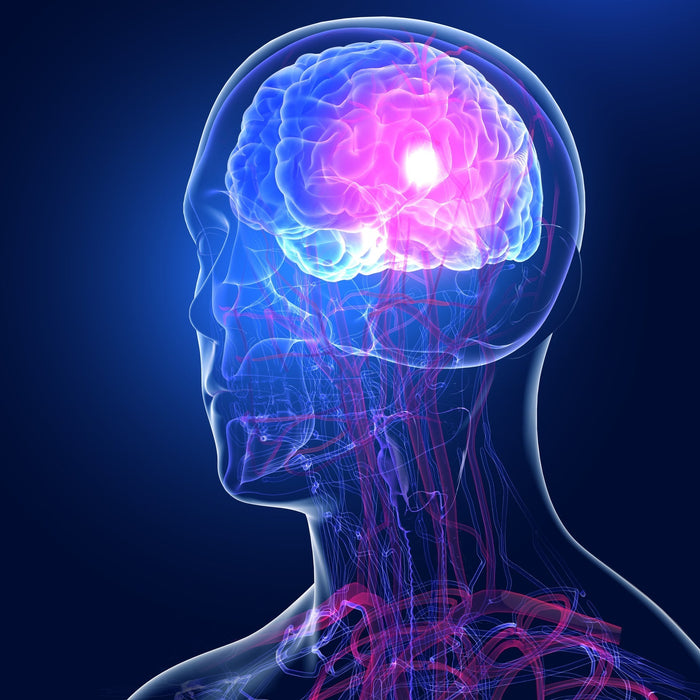In recent years, the market for dietary supplements has grown explosively. In 2020, around 2.3 billion euros were spent on food supplements in Germany alone. supplements and there seems to be no end in sight to this trend. But despite the hype, the question remains: are dietary supplements really necessary? In his YouTube video, Dr. Schmied explores precisely this question and explains which supplements can be useful and for whom they are important.
Supplements do not replace a balanced diet
A central point of the video is that dietary supplements can never replace a balanced diet. Rather, they should only be used if there is an actual deficiency. Dr. Schmied emphasizes that a balanced diet is the food supplements is superior. But what does "balanced" actually mean? This is where it often gets complicated, because many people don't know exactly how to get enough of all the important nutrients.
Risk groups: Who needs supplements really?
However, there are certain risk groups for whom a supplementation makes sense. In the video, Dr. Schmied names three nutrients for which deficiencies are particularly common and explains who might be affected.
Vitamin D has come into focus particularly during the corona pandemic. Many people, especially in northern regions, suffer from a vitamin D deficiencyas they do not get enough sunshine, which is essential for the vitamin D synthesis in the skin. The risk groups include:
- People who are very overweight (BMI > 30), as vitamin D is bound in fatty tissue and does not circulate in the body.
- Older people, as the ability of the skin, vitamin D decreases with age.
- Dark-skinned people, as their skin allows less UV radiation to pass through, which increases the vitamin D production is reduced.
- Pregnant women, as a vitamin D deficiency increases the risk of pregnancy complications.
Iron deficiency is one of the most common deficiency symptoms worldwide. Particularly affected are:
- Women who, due to menstruation, regularly iron lose iron.
- Pregnant and breastfeeding women, as their iron requirement is significantly higher.
- People with chronic inflammatory bowel diseases such as Crohn's disease, as their iron absorption in the intestine is impaired.
Omega-3 fatty acids are essential fats that are important for various processes in the body, including cell formation. Supplementation can be particularly useful for the following groups:
- Pregnant women who do not eat fish, as Omega-3 fatty acids are important for the brain development of the unborn child.
- Vegans and vegetarians, whose diet often does not provide sufficient omega-3 fatty acids in their diet.
Conclusion: Supplements - Yes or no?
Food supplements can be useful in the right context and when there is a real need. However, they are not a substitute for a healthy diet and should only be taken in consultation with a doctor if a deficiency is proven. Dr. Schmied emphasizes that the focus should always be on a balanced diet that covers all the necessary nutrients. Only if this is not possible can supplements be a useful addition.
Discussion and exchange
Dr. Schmied invites the audience to share their experiences and opinions. Which supplements do you take? Do you have any questions about specific nutrients? Share your thoughts in the comments of the video!
Source: https://www.youtube.com/watch?v=e5khwQMIy8k
Istockphoto Valentyna Yeltsova






Leave a comment